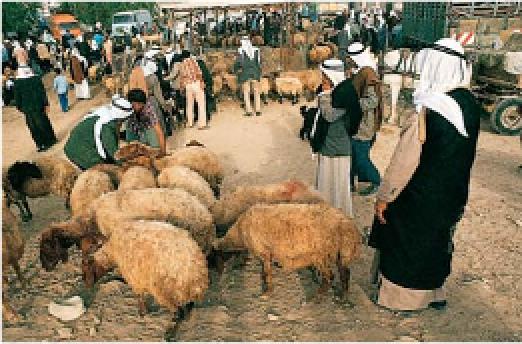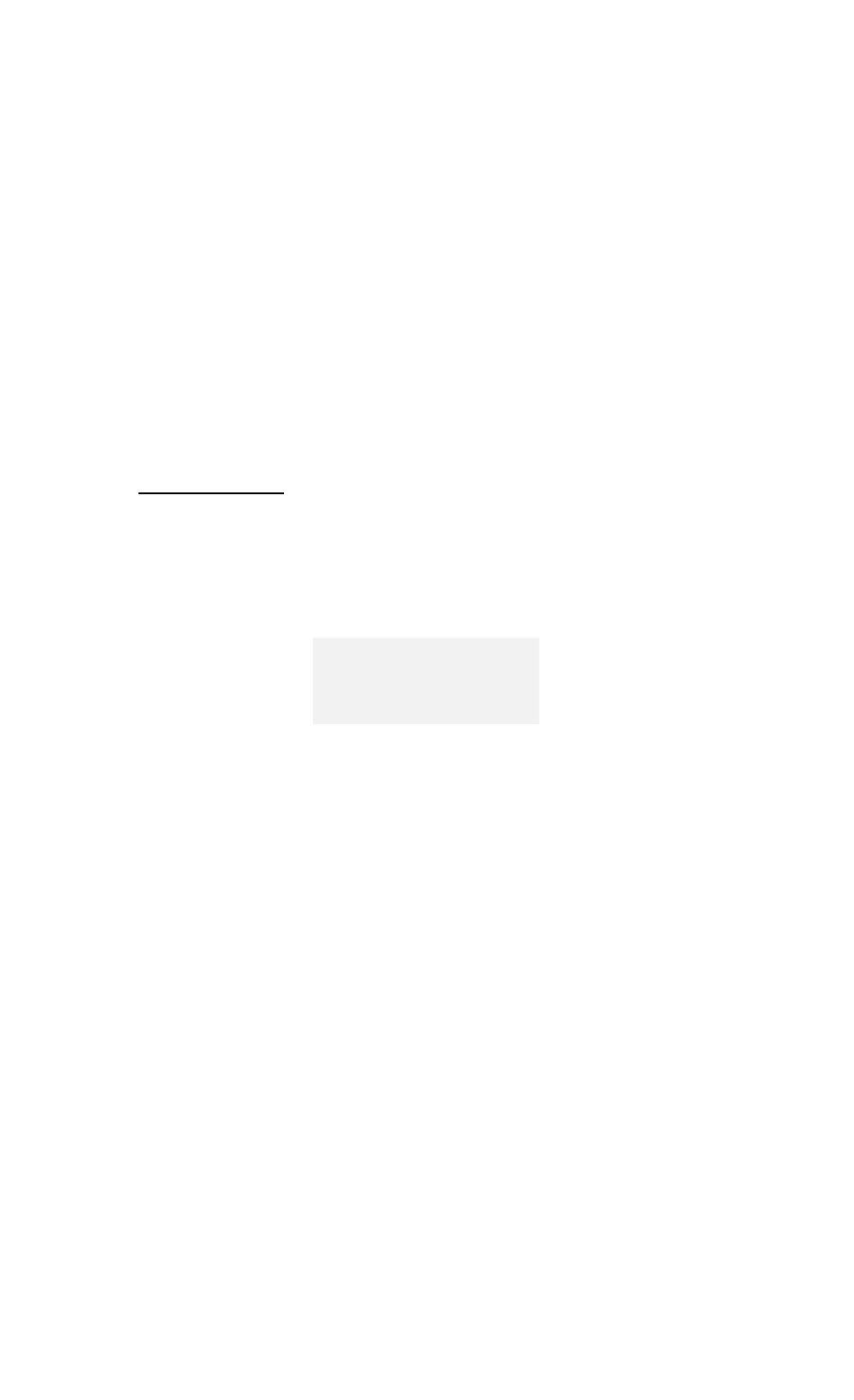Travel Reference
In-Depth Information
Crusaders attempted
to reclaim the site for
Christianity and built
much of the present-
day construction, but
it was completed by
Saladin as a mosque.
In the 13th century
the Mameluke ruler
Baybars forbade non-
Muslims from entering
the building.
After the 1967 war
the mosque remained
Muslim, but access
was granted to Jews
as well. Today, the
complex, known
as the
To m b o f the
Patriarchs
(Haram al-
Khalil in Arabic), is
divided into a Jewish
synagogue and a
Muslim mosque, each
with its own entrance.
It remains a bone
of contention between
the faiths; in 1994 Jewish
colonist Baruch Goldstein
entered the mosque and
killed 29 Muslim worshippers.
U u
Tomb of the Patriarchs
Tel
(02) 960 602.
l
animals (Genesis 21: 25-33).
Beersheva means “well of
the covenant”. For centuries
it remained little more than a
Bedouin well until the Turks
transformed the site into an
administrative centre (which
was the object of a valiant
cavalry charge by the
Australians in World War I).
Since the Israelis captured
Beersheva in 1948, it has
attracted many immigrants to
become the country's fourth
largest city.
There is an attractive
grouping of an Ottoman-era
mosque and Governor's
House in the town centre,
but the most interesting thing
about Beersheva is the
Bedouin market
. This is held
on the edge of town every
Thursday from dawn and
attracts hundreds of nomads.
Besides the livestock and
everyday objects bought by
the locals, visitors can also
buy traditional Bedouin
handicrafts such as jewellery
and copperwork.
Just outside town is
Tel
Beersheva
, a city founded at
the end of the 11th century
BC and fortified around the
time of Solomon. It was
destroyed in the 9th century
by the Egyptians but was
rebuilt, remaining a bulwark
of the southern frontier of
Judaea until it was razed to
the ground by the Assyrians.
Remains include a 10th-
century BC city gate and a
Roman fortress. There is also
a museum of Bedouin life.
T
Tel Beersheva
6 km (4 miles) NE of Beersheva
.
Tel
(08) 646 7286.
#
daily.
& 7
The Tomb of the Patriarchs, mosque and
burial site of Sarah, Isaac and Jacob
into two zones: the greater
area is governed by the
Palestinian Authority, but the
town centre is occupied by
Jewish settlers. Large numbers
of Israeli soldiers maintain
a constant peace-keeping
presence. Friction between
the two communities dates
back to a 1929 pogrom in
which the Arabs massacred
Hebron's centuries-old Jewish
community. After the Six
Day War of 1967 the centre
of town was resettled by
militant Jewish colonists.
Tension continues to erupt
into occasional violence.
For your personal safety,
ask about the situation before
making a trip to Hebron.
Hebron is regarded as a
sacred place by the Jewish,
Christian and Muslim
religions alike; it was here
they believe that Abraham
buried his wife Sarah, in
the Cave of Machpelah,
purchased from the Hittite
Ephron. The cave then
became his own tomb and
later that of his descendants
Isaac and Jacob.
Around 20 BC Herod the
Great sealed the cave and
built a great hall over it.
Under Byzantine rule the
structure was turned into
a church and then, after
the Arab conquest of 638,
a mosque. The invading
#
8am-4pm
Sun-Thu except during prayer
times.
Beersheva
t
Road map
B4.
*
200,000.
@
n
1 Hebron Rd, Beer Abraham, (08)
623 4613.
(
Bedouin market Thu.
The so-called capital of the
Negev is a city that has grown
rapidly and chaotically. In the
Old Testament it is famous as
the place where Abraham
made a pact with Abimelech
for the use of a well for his
Bedouin selling sheep at Beersheva's Thursday market
















